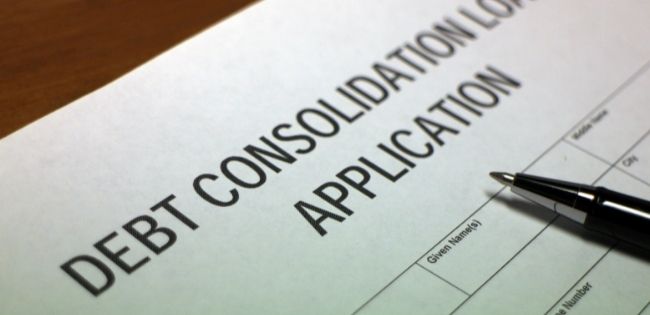If you’re loaded with a bunch of debt on your shoulders, you might feel like finding a way out. In such circumstances, you may consider going for a debt consolidation loan. However, many lenders are very picky when giving out such loans.
It may seem inviting since it has a lower interest rate, improves your credit score and make easy payment on your debt. Although these types of loans may look like the best idea to go for, the lender can also reject them.

Before applying for such loans, you must be aware of why lenders can sometimes reject your application. This article will cover some common reasons that you can be mindful of.
A debt consolidation loan undoubtedly is a wiser and more economical solution for people who have multiple debts to take care of. However, when not practised correctly, it could lead to application rejection.
1. Inadequate Income
Lenders will not risk their money with someone who doesn’t earn enough. They need this detail to determine whether you earn enough to handle a loan. If you’re often struggling to make ends meet, they may refrain from offering you a loan.
Lenders also need to ensure whether you can pay back on time, and if they feel the chances of you doing that are low, they may not approve your application. The basic expectations of lenders are that you must be able to manage your everyday expenses, your loan payments, your bills, etc.
2. What does your credit score say?
A credit score is essential in identifying and determining how you have dealt with debt in the past. If you have a low credit score, you’re a more likely financial risk to a lender. They will most definitely not provide you with the loan.
However, even if you have a low score, you still may have chances for loan approval. You can practice some tips for raising or increasing your credit score.
For instance, you can make your credit card payments on time, keep old accents open, open a secured credit card, or have more than one source of credit. A good credit score may not help you get the loan or determine your eligibility, but it will save you from disqualifying for a loan.
3. Tracking your outstanding debt
Along with your income and credit score, lenders will also need a track record of your outstanding debts before approving a loan. If you have excessive debts, including student loans, it will eventually hamper your eligibility.
Most lenders only allow you to borrow around 40% of your annual income. By this rule, your debt payments and consolidation loan cannot exceed 40% above your annual income.
If the total is higher than 40%, lenders have the right to reject the loan or may sometimes qualify you for a lesser amount of loan.
4. Incorrect or no history of credit
A poor or no credit history can act as a hindrance between you and your loan. If you do not use your credit cards or have issued them in someone else’s name, such as any of your family members, it will affect your eligibility.
This experience can cause the lenders to think that you have less experience handling debt. They want to see and believe that you are responsible for your bills, payments, or other loans before you qualify for this one.
When you’re aware of these reasons that can affect your eligibility, you can either try to find other debt resolution options or rectify your inefficiencies.
Do not be disheartened or give up if your application for a debt consolidation loan is rejected. You can always be eligible for other options depending on your financial situation.
